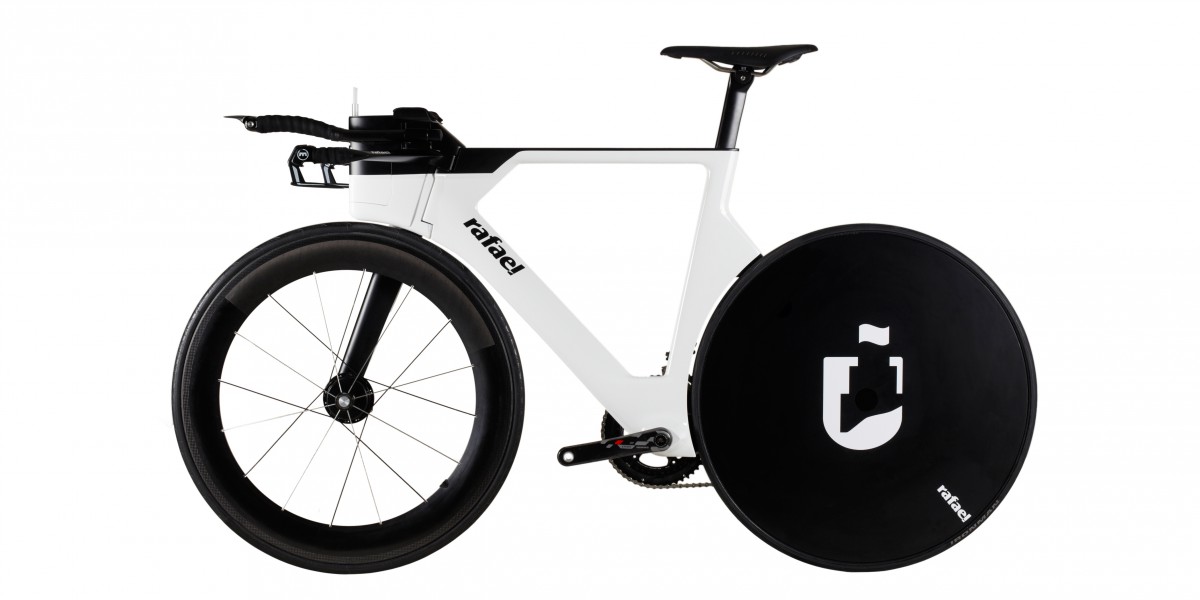...and even with a less than ideal pad on the Ultegra rim brakes (stock Shimano) and regular aluminum rims, the disc bike stops only ~2-3% shorter in a full stop (95kg bike+rider+backpack, 10% slope, 46 km/hr start speed) as compared to arguably the best road disc braking system on the market, and using 160mm diameter rotors to boot.
https://www.tour-magazin.de/.../aktuelles_heft.html
Imagine if the pads were swapped for KoolStop Salmons or Dual Compounds...or, they used some Hed Turbine track wheels? How about hydraulic rim brakes? Any one of those changes would easily overcome that 3% difference, and also vastly improve the wet stopping "lag" they measured.
So much for the performance difference being like "night and day"...
There's a good discussion of the results here on Weight Weenies: https://weightweenies.starbike.com/...php?f=3&t=152911 .
There's a link in that thread to an interesting French blog post that highlights some of the issues the mechanics were having with discs during the TdF. Sounds like they were replacing braking discs quite often...and bleeding the systems quite frequently :-/ https://www.matosvelo.fr/.../les-echos-du-velo-3
I bought the magazine issue and between my limited German understanding and Google Translate, I attempted to decipher how they exactly tested this out. I have to say, for a Tour test, I'm actually a bit underwhelmed. I would think they'd have a bit more objective data at hand...their "cornering speed" test seems odd to me. However, at least they're putting this to the test of some sort and doing it in a more "apples to apples" manner than some other "tests" out there (like GCN's, for example, where they were comparing wet braking on carbon rims to a disc). Oh, and they happened to cause the aluminum portion of the Ice-tech rotors to reach the thixotropic state ("jelly") again...something they've done before.
Anyway...the gist is ~same braking performance (not even considering easy upgrades to the rim setup), for ~500g more mass, and more expense (recurring). Woop-de-doo...
http://bikeblather.blogspot.com/
https://www.tour-magazin.de/.../aktuelles_heft.html
Imagine if the pads were swapped for KoolStop Salmons or Dual Compounds...or, they used some Hed Turbine track wheels? How about hydraulic rim brakes? Any one of those changes would easily overcome that 3% difference, and also vastly improve the wet stopping "lag" they measured.
So much for the performance difference being like "night and day"...
There's a good discussion of the results here on Weight Weenies: https://weightweenies.starbike.com/...php?f=3&t=152911 .
There's a link in that thread to an interesting French blog post that highlights some of the issues the mechanics were having with discs during the TdF. Sounds like they were replacing braking discs quite often...and bleeding the systems quite frequently :-/ https://www.matosvelo.fr/.../les-echos-du-velo-3
I bought the magazine issue and between my limited German understanding and Google Translate, I attempted to decipher how they exactly tested this out. I have to say, for a Tour test, I'm actually a bit underwhelmed. I would think they'd have a bit more objective data at hand...their "cornering speed" test seems odd to me. However, at least they're putting this to the test of some sort and doing it in a more "apples to apples" manner than some other "tests" out there (like GCN's, for example, where they were comparing wet braking on carbon rims to a disc). Oh, and they happened to cause the aluminum portion of the Ice-tech rotors to reach the thixotropic state ("jelly") again...something they've done before.
Anyway...the gist is ~same braking performance (not even considering easy upgrades to the rim setup), for ~500g more mass, and more expense (recurring). Woop-de-doo...
http://bikeblather.blogspot.com/

